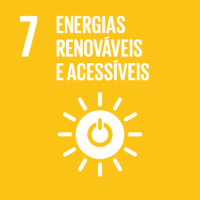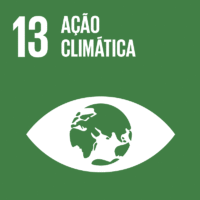Ciência_Iscte
Publicações
Descrição Detalhada da Publicação
“Life after coal”: renewable energy impacts on SME conduct
Título Revista
IEEE Transactions on Engineering Management
Ano (publicação definitiva)
2023
Língua
Inglês
País
Estados Unidos da América
Mais Informação
Web of Science®
Scopus
Google Scholar
Esta publicação não está indexada no Overton
Abstract/Resumo
In recent years, increasing resource consumption worldwide has alarmed experts. This problem contributes to the need for more ecological solutions and processes including the use of renewable energies, which reduces organizations’ environmental impact. To find ways to improve new green solutions and process integration, researchers need to study and measure these innovation effects, especially on small- and medium-sized enterprises (SMEs). However, evaluating renewable energy impacts on SMEs is not as easy as would first appear. This challenge can be addressed by developing an analysis model to mitigate the limitations of recent studies and, concurrently, deal with this complex subjective issue. In this article, the combined use of cognitive mapping and the decision-making trial and evaluation laboratory (DEMATEL) technique facilitated the generation of a complete, transparent, and informed model that can help managers make better decisions in this context. Specifically, grounded in intensive group work sessions with renewable energy specialists, the results address some of the limitations of more generic models and include a multicriteria analysis system that provides guidelines for renewable energy management practices, with the potential to improve SME performance. To enable a fuller interpretation of the decision problem in question, the most important indicators were identified and the cause-and-effect relationships between these criteria were analyzed. The findings were validated by the panel members and a member of the Portuguese Renewable Energy Association. The advantages and limitations of the proposed model are also discussed.
Agradecimentos/Acknowledgements
--
Palavras-chave
Cause-and-effect dynamics,Cognitive mapping,DEcision-MAking Trial and Evaluation Laboratory (DEMATEL),Renewable energies,Small- and medium-sized enterprise (SME)
Classificação Fields of Science and Technology
- Economia e Gestão - Ciências Sociais
Contribuições para os Objetivos do Desenvolvimento Sustentável das Nações Unidas
Com o objetivo de aumentar a investigação direcionada para o cumprimento dos Objetivos do Desenvolvimento Sustentável para 2030 das Nações Unidas, é disponibilizada no Ciência_Iscte a possibilidade de associação, quando aplicável, dos artigos científicos aos Objetivos do Desenvolvimento Sustentável. Estes são os Objetivos do Desenvolvimento Sustentável identificados pelo(s) autor(es) para esta publicação. Para uma informação detalhada dos Objetivos do Desenvolvimento Sustentável, clique aqui.

 English
English



